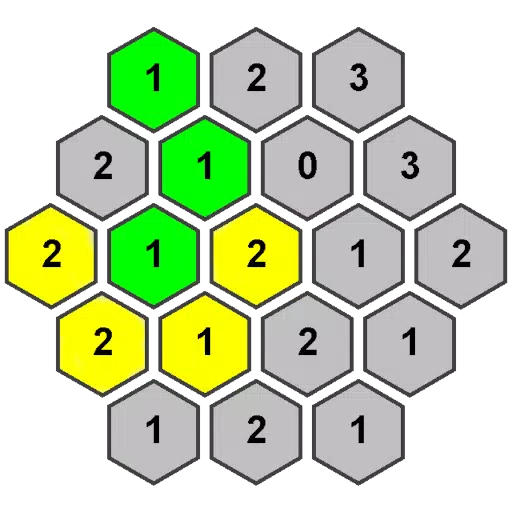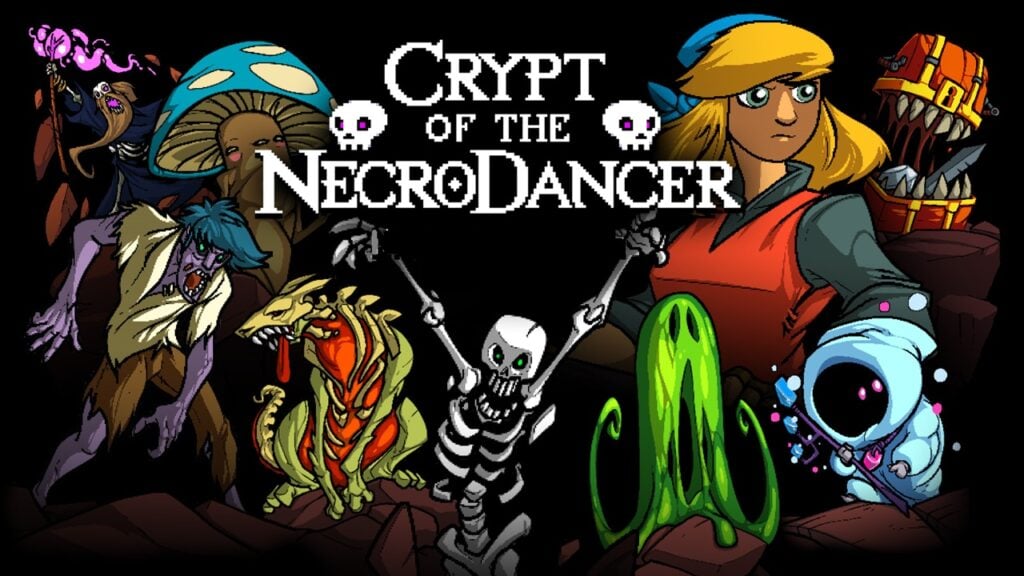In an effort to manage escalating development costs, Capcom is exploring the use of generative AI to generate the "hundreds of thousands" of ideas needed for in-game environments. This approach reflects a broader trend in the gaming industry where publishers are turning to AI tools to enhance efficiency and reduce expenses. Notably, Call of Duty reportedly sold an "AI-generated cosmetic" for Call of Duty: Modern Warfare 3 in late 2023, and fans accused Activision of using generative AI for a loading screen the previous year. Similarly, EA stated in September that AI is "the very core" of its business.
In a recent interview with Google Cloud Japan, Kazuki Abe, a technical director at Capcom who has worked on major titles like Monster Hunter: World and Exoprimal, shared insights into how the company is experimenting with AI in its game development processes. Abe highlighted that one of the most time-consuming and labor-intensive aspects of game development is generating a vast number of unique ideas. He noted that even simple objects like televisions require unique designs, logos, and shapes, leading to the creation of "hundreds of thousands of ideas," including many that go unused.
Abe explained that multiple proposals are necessary for the thousands to tens of thousands of such objects per game, with each proposal needing illustrations and text to effectively communicate the ideas to art directors and artists. To streamline this process, Abe developed a system where generative AI can read various game design documents and generate ideas, thereby increasing development speed and efficiency. The AI also provides feedback to itself, refining its output over time.
Abe's prototype utilizes multiple AI models, including Google Gemini Pro, Gemini Flash, and Imagen, and has received positive feedback from internal development teams. Implementing this AI model is expected to "reduce costs significantly" compared to manual processes, while also enhancing the quality of the output.
Currently, Capcom's experimentation with AI models is confined to this specific system. Other crucial aspects of game development, such as ideation, gameplay, programming, and character design, remain the domain of human creativity and expertise.
 Home
Home  Navigation
Navigation






 Latest Articles
Latest Articles










 Latest Games
Latest Games












